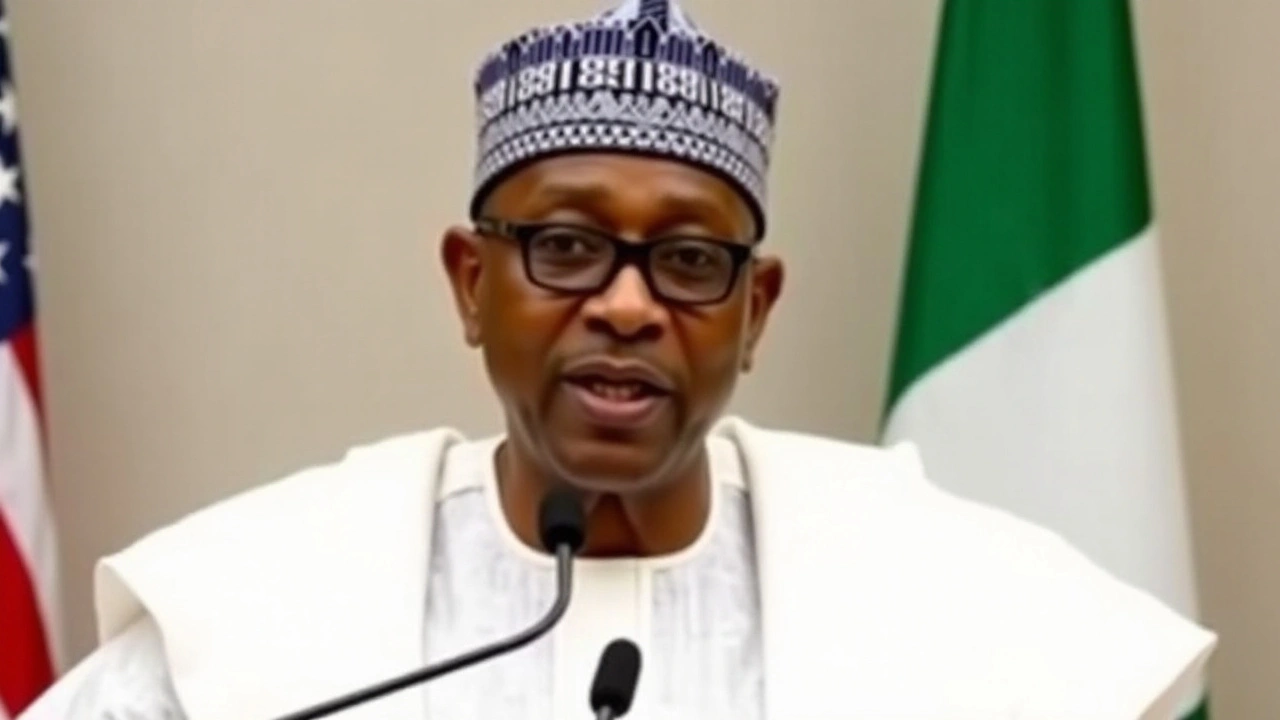All About Tinubu – Nigeria's Influential Political Figure
If you've been following Nigerian politics, you’ve likely heard a lot about Bola Tinubu. He's one of the key players shaping the country's future, especially known for his role as the former governor of Lagos State and a major force in the ruling party. Understanding Tinubu's impact is crucial for grasping what’s happening in Nigeria today.
So, why does Tinubu matter so much? For starters, he’s often credited with pushing political and economic reforms in Lagos, Nigeria's economic powerhouse. His leadership style and strategies have earned him both praise and criticism, but there's no question that he commands significant influence within Nigerian politics.
Tinubu’s Role in Nigerian Elections
One big reason people keep an eye on Tinubu is his involvement in presidential elections. He ran for president and has been a kingmaker behind the scenes for years. His political campaigns and endorsements often sway election outcomes. This makes him a central figure in understanding how Nigeria’s leadership landscape changes.
His connections help him navigate complex political alliances and manage his party’s positioning. If you want to understand the results of upcoming elections or shifts in Nigerian power, monitoring Tinubu’s moves is a smart move.
What This Means for Nigerians and Beyond
For everyday Nigerians, Tinubu’s policies and political direction influence public services, economic opportunities, and national stability. Internationally, his role affects Nigeria’s relations with other countries and investment climate. Whether you’re a local citizen or a global observer, knowing what Tinubu is up to helps make sense of many big headlines.
In short, Tinubu isn’t just a name; he’s a driving force behind many of Nigeria’s recent events. Follow the latest updates, changes, and analyses to get a clearer picture of Nigeria’s fast-changing political scene.
Tinubu Approves NNPC's Use of Dividends for Fuel Subsidies Amid N68 Trillion Expenditure
President Bola Tinubu has given the green light to the Nigerian National Petroleum Company Limited (NNPC) to use its dividends to cover the cost of fuel subsidies. The strategy aims to ease the financial burden on the Nigerian government, with fuel subsidies already costing the nation around N68 trillion since the current administration began.

